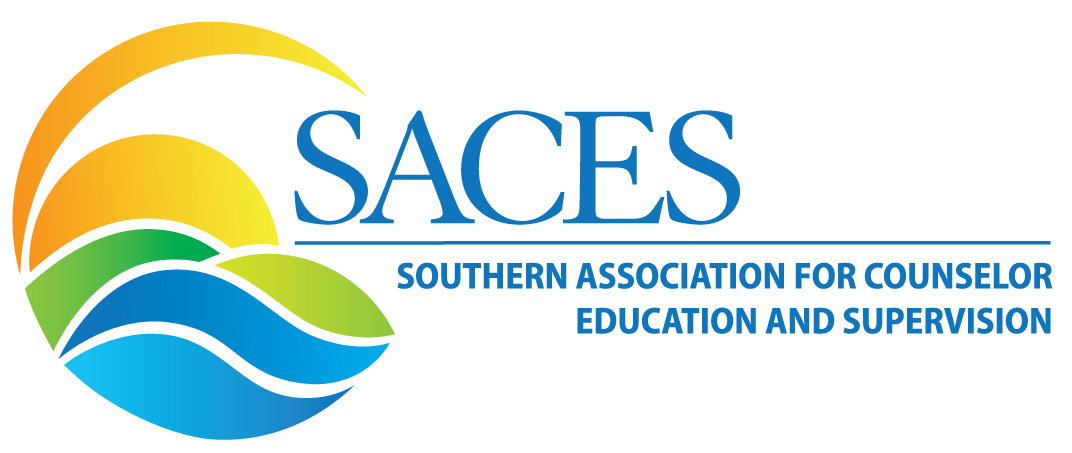Volume 6, Issue 3 of Teaching and Supervision in Counseling (TSC) is now available.
“A Target Model for Social Justice Supervision” by Sara E. Ellison, Paul Tierney, and Margaret Taylor
https://trace.tennessee.edu/tsc/vol6/iss3/1/
““Showing Up”: An Autoethnographic Exploration of Black Women’s Teaching Mentorship Narrative in Counselor Education” by Brean'a M. Parker, Shawntell Pace, Collette Chapman-Hilliard, and Raven Cokley
https://trace.tennessee.edu/tsc/vol6/iss3/2/
“Beyond the Standards: A Qualitative Analysis of Perfectionism Among Master’s-Level Counseling Students” by Sara E. Ellison, Jessica M. Tyler, and Malti Tuttle
https://trace.tennessee.edu/tsc/vol6/iss3/3/
“Enhancing Cultural Competence in Counselor Education through Sociolinguistic Awareness” by Jessica Haas, Diane D. Walsh, and Marisa Marroquin
https://trace.tennessee.edu/tsc/vol6/iss3/4/
“Multicultural Competencies: A 30-Year Content Analysis of American Counseling Association Journals” by Vanessa Placeres, Don Davis, Sarah Gazaway, Nic Williams, Erin Mason, Wendy Hsu, Lina Alsaegh, Tania Quintero Rico, and Brittany Glover”
https://trace.tennessee.edu/tsc/vol6/iss3/5/
“Wellness and Discrimination in Counselor Education” by Brett K. Gleason, Madeline Clark, Lena Salpietro, and Rachel Jacoby
https://trace.tennessee.edu/tsc/vol6/iss3/6/
“The Culturally Informed-Social Justice School Counselor Supervision Model” by Mariama C. Sandifer, Malti Tuttle, Melissa Mecadon-Mann, and Katrina D. Wilson
https://trace.tennessee.edu/tsc/vol6/iss3/7/
“Application of the Principles of Anti-Oppression to Address Marginalized Students and Faculty’s Experiences in Counselor Education” by Afroze N. Shaikh, Sravya Gummaluri, Jyotsna Dhar, Hannah Carter, Daun Kwag, Javier E. Ponce, Erin C. M. Mason, and Harvey C. Peters
https://trace.tennessee.edu/tsc/vol6/iss3/8/
As an open access journal, all of these articles are freely available. TSC is the official journal of the Southern Association for Counselor Education and Supervision (SACES), a region of the Association for Counselor Education and Supervision (ACES). The mission of SACES is to empower and support diverse counselor educators and supervisors in scholarship, advocacy, community, education, and supervision. The aim of TSC is to publish high quality scholarship that informs teaching, supervision, and mentoring in educational and clinical settings.
TSC invites manuscript submissions for consideration in upcoming issues of the journal. Manuscripts submitted to TSC fall within one of four categories: teaching, clinical supervision, mentorship, and current issues and topics relevant to the Southern Region of ACES. More information about these categories can be found on the journal’s aims and scope page at https://trace.tennessee.edu/tsc/aimsandscope.html.
Articles may be empirical, conceptual or theoretical, or based on current issues; with an emphasis on empirical research. Articles must be scholarly, grounded in existing literature, and have implications for the counseling profession including, but not limited to, counselor education, supervisory practice, clinical training, pedagogy, mentoring, or advocacy and public policy. All manuscripts are submitted to a blinded peer-review process. Additionally, a goal of TSC is to provide mentoring to graduate students in the area of peer review and writing. Accordingly, graduate students are encouraged to submit manuscripts to TSC.
Quantitative and conceptual manuscripts should not exceed 25 double-spaced typewritten pages, and qualitative and mixed method manuscripts should not exceed 30 double-spaced typewritten pages. These page limits include title page, abstract, references, and all tables and figures in addition to the body of the manuscript. The manuscripts should also be written according to the American Psychological Association (APA) Publication Manual style, 7th edition, and APA Journal Article Reporting Standards (JARS). More information about TSC’s submission guidelines and policies is available at https://trace.tennessee.edu/tsc/policies.html.
Manuscripts can be submitted to https://trace.tennessee.edu/cgi/submit.cgi?context=tsc
If you have any questions, please contact us at tscjournal@saces.org
W. Bradley McKibben, Editor, Jacksonville University
Christian D. Chan, Associate Editor, The University of North Carolina at Greensboro
Erin C. M. Mason, Assistant Editor, Georgia State University
Katherine Espano, Editorial Assistant, Jacksonville University
Parishi Sanjiv Gandhi, Editorial Assistant, The University of North Carolina at Greensboro
